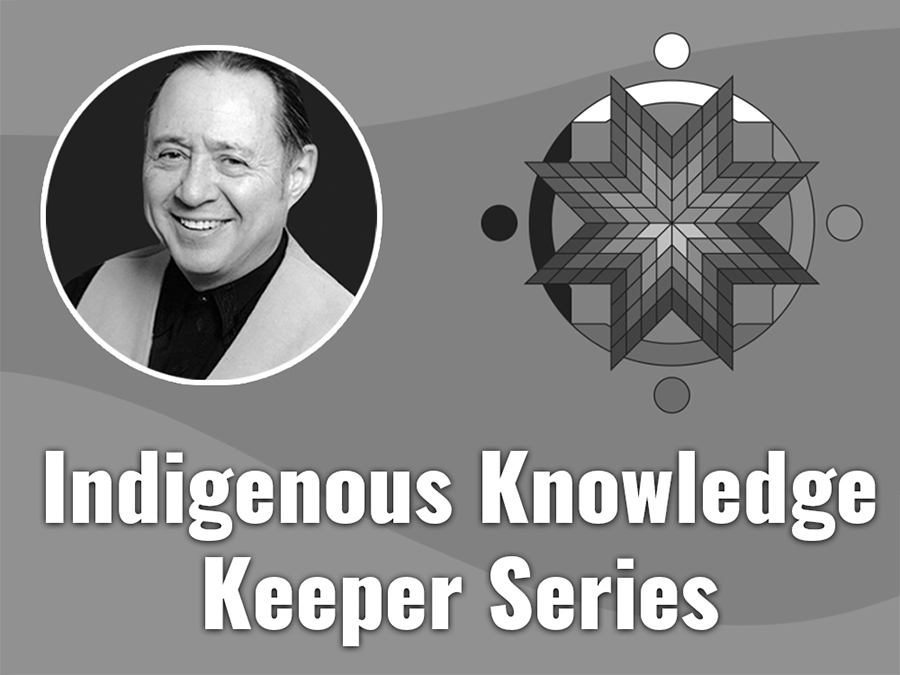In celebration of Treaties Recognition Week, GBC indigenous Initiatives hosts two-part event.
Lessons of remembrance, missing history, and understanding were top of mind during the latest Indigenous Knowledge Keeper Series.
For the November edition of the presentations hosted by Indigenous Initiatives of George Brown College (GBC), Maurice Switzer was invited out for a two-part series called ‘We are all Treaty People’ to celebrate Treaties Recognition Week.
Switzer, Bnesi, is a citizen of the Mississaugas of Alderville in southern Ontario, one of seven First Nations involved in the 1923 Williams Treaties.
He is the principal of Nimkii Communications, a public education practice which focuses on the treaty relationship between First Nations and the Canadian government.
The virtual sessions started with the GBC land acknowledgement and Switzer then took the stage to talk about what treaties are and how foundational they are to the formation of Canada as a country that we see today.
He spoke about the absence of many significant treaties and historical events in history books, like the Treaty of Niagara and the War of 1812, where Indigenous chiefs played a crucial role to fend off the American Invasion.
“Nobody defended Canada longer or more intensely than Indigenous people,” Switzer said.
These treaties were created with the condition that the terms of agreement would be honored until the ‘sun rises in the east.’ However, the promises made in the treaties are not being honored in current times.
Although the Supreme Court has ruled that the terms of these treaties are valid, the reality of how these treaties are honored is very different.
“If people don’t understand treaties, they ignore them,” said Switzer.
An example he highlighted was an article posted by APTN news about commercial fishers in Saulnierville protesting a treaty-based lobster fishery launched by Sipekne’katik First Nation and how a lack of awareness about treaties is at the heart of the matter.
He emphasized that treaties are not just for indigenous people, and everyone is affected by them.
“If there is one thing to take from this presentation, it is that you have treaty rights and treaty responsibilities,” he said.
The sessions were capped off with a Q&A session where participants raised insightful questions.
Switzer said the response has been very positive. He spoke about how it’s important to have these conversations at the post-secondary level.
“Everybody who’s a student right now, they will be our future leaders. The young people that I meet, whether they’re in university or in an elementary or secondary school, they are taking this learning to heart and when they are in those positions of leadership, this is going to be on their minds,” Switzer said.
He wants to emphasize the impact of these broken treaties in contemporary scenarios but would also like to highlight how far indigenous people have come.
“What I’m interested in, is having the time to talk more about current impacts of those broken treaties.”
Although a lot of Canadians have little knowledge of the country’s past, he remains optimistic seeing the enthusiasm people have about learning this history.
To educate ourselves further on indigenous struggles and accomplishments, Switzer recommends the First Nations, Metis and Inuit Education Association of Ontario website and resources created by indigenous people, which contain videos on the treaties and different viewpoints on the treaty process.


